South Sudan’s internally-displaced fear for their lives without food assistance
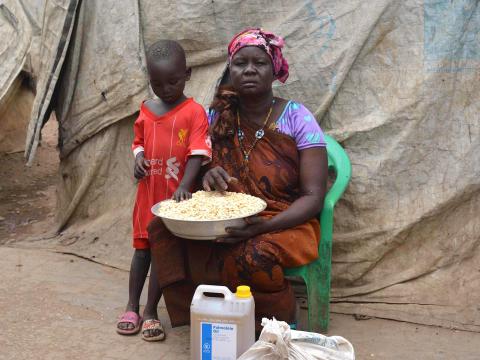
“We survive on food aid. We are away from our own villages, jobless, and have nowhere to go. We will die of hunger if there is no food aid”, says Martha, a 53-year-old mother of 11.
At first glance of the internally displaced camp in Juba, South Sudan, you will see children running and walking around, some playing along the narrow road or outside of their tents. The women and men circled around a wheelbarrow used by a vendor selling fish and beans. Others try to haggle to exchange what they have for sugar.
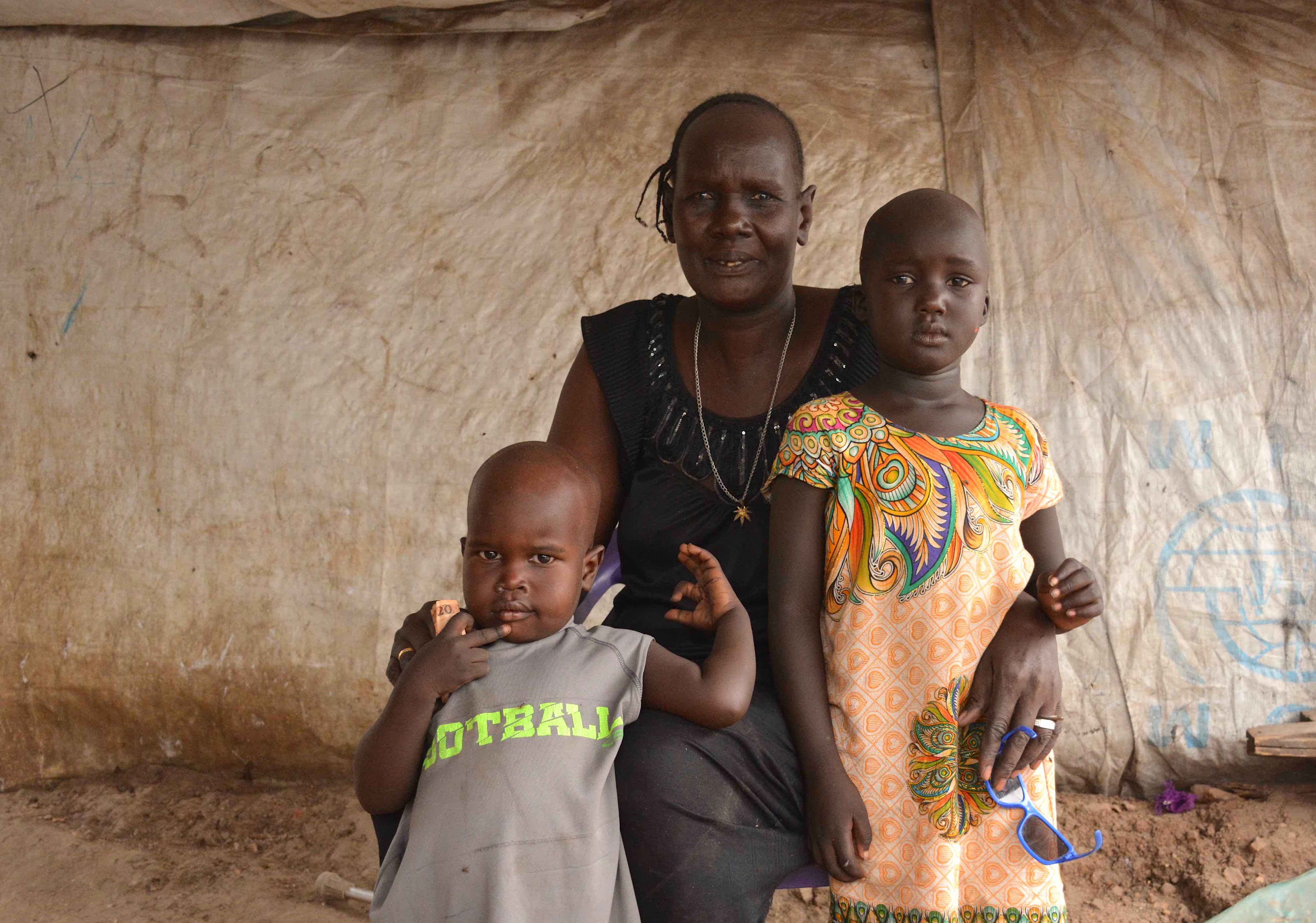
This congestion, heat, and noise from playing children usually welcome one into the IDP camp. Before Martha sought refuge in the camp in 2016, she lived peacefully in Juba town with her family. “When I tried to return, another person occupied my house and refused to move out. I was left with no option but to move to the camp.”
With funding from World Food Programme (WFP), World Vision is implementing the Food Assistance Project at the internally displaced camp in Juba. The project provided aims at saving lives by providing food assistance and nutrition services to reduce acute needs among the most vulnerable women, men, girls, and boys.
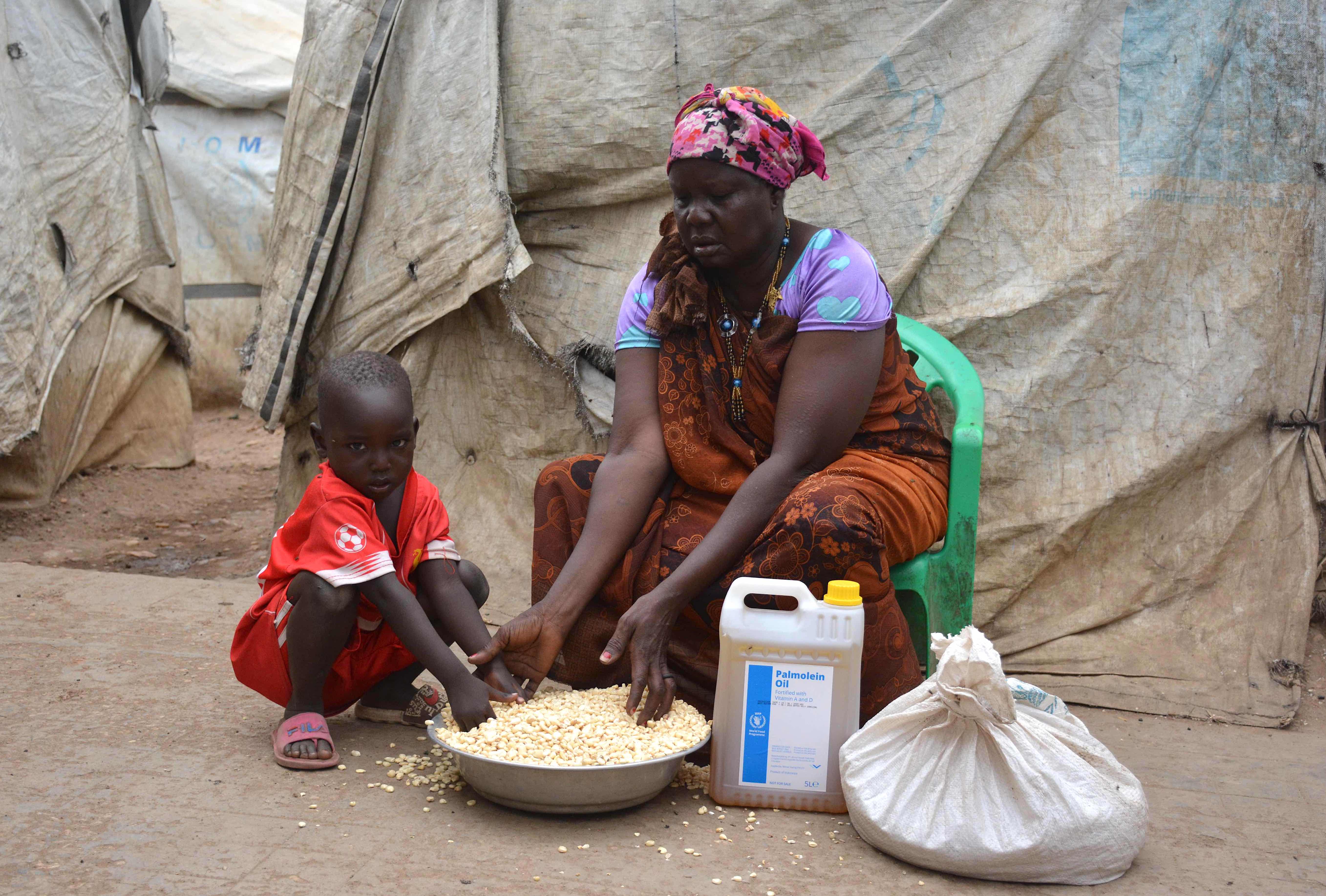
at
In 2021, 61,564 people have been assisted, including 12,132 children under five years. According to Martha, her life before the crisis was much easier. She had a shop at her compound and used to sell flour, cooking oil, sugar, salt, and vegetables. It supported her family’s food and other basic needs.
She says, “When my husband passed away, my daughter Nyantiep Machat took care of our small business and later established a shop for me. However, we were separated during the crisis and I became a guardian to her two children.”
We survive on food aid. We are away from our own villages, jobless, and have nowhere to go. We will die of hunger if there is no food aid.
“Women and children are the most affected in the onset of conflict and the pandemic. Women shoulder the burden of taking care of their children. But there is still a lot to be done to ensure they are safe and that can be achieved only if there is lasting peace”, says Emmanuel Ondoga, Acting Food, and Cash Assistance Manager.
“With many children to feed, I tried to earn additional income by selling maize in the market or barter what I have with my neighbors to be able to buy our other needs. I also need to buy our supply of water to add to the two jerry cans provided by UNICEF for each family daily”, Martha adds.
She said they eat one meal in a day so their food supply can be stretched the two-month food ration for 5-6 weeks. Martha shared how life became too difficult that she often begged food from her neighbors for her family to survive. “I have no money and life is hard. We are grateful for the food aid but it is not enough”, Martha says.
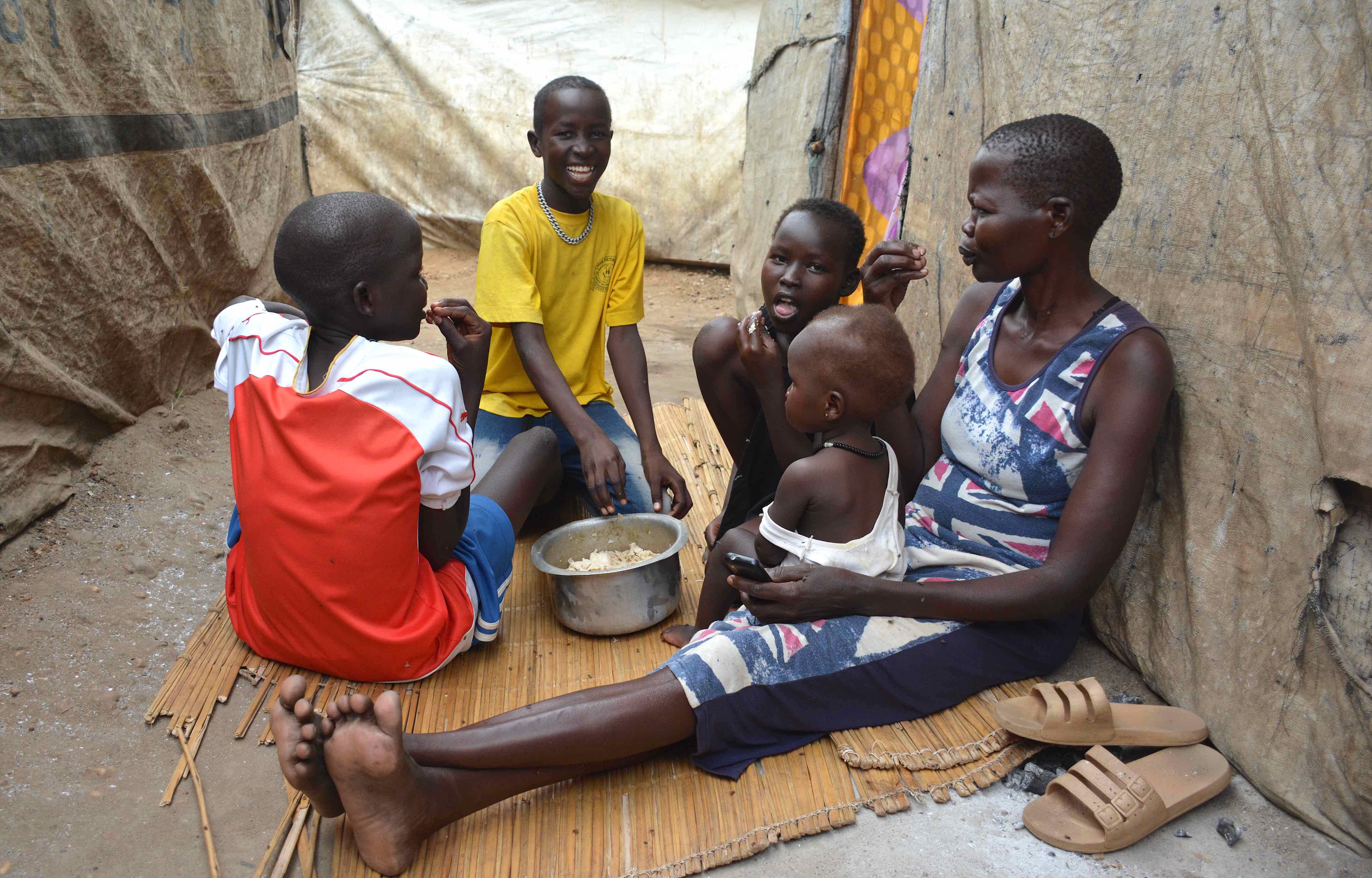
Nyachot Kuong, a 34-year old, mother of five says, “After 20 days, our suffering begins. This is the time when the food left will hardly be enough for the next food ration. I gather firewood from the nearby bushes and sell within the camp but this has many risks like the dangers of getting killed, raped, and harassed.”
“Food scarcity has led to severe asset depletion as people try to earn income to purchase food and meet other basic needs of the family. Even as they do this, the economic crisis and the pandemic reduced their income, especially for those who rely on humanitarian assistance. Food assistance is their only way of survival”, Ondoga concludes.
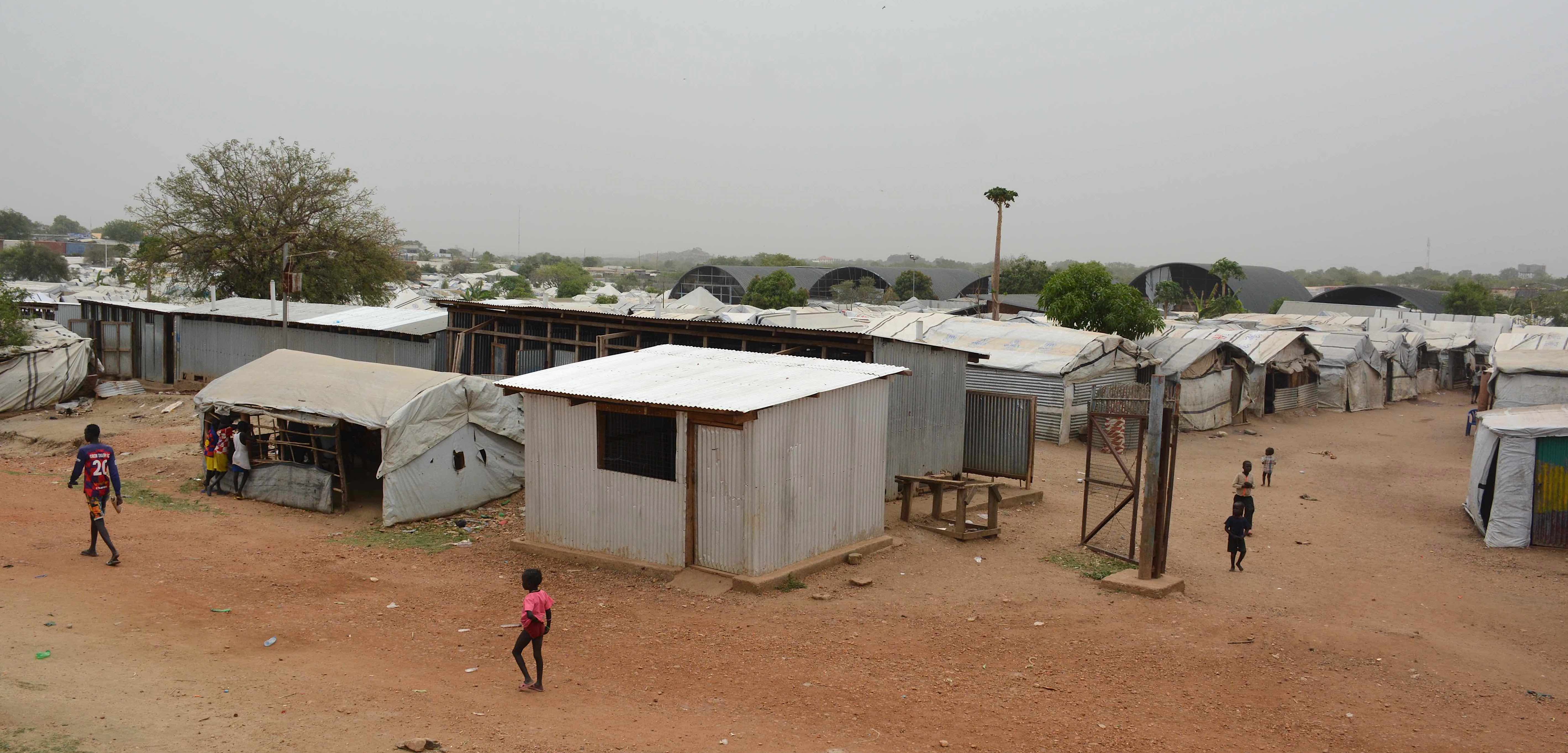
Photos by Jemima Tumalu, Communications Officer, and Emmanuel Ondoga, Acting Food and Cash Assistance Manager